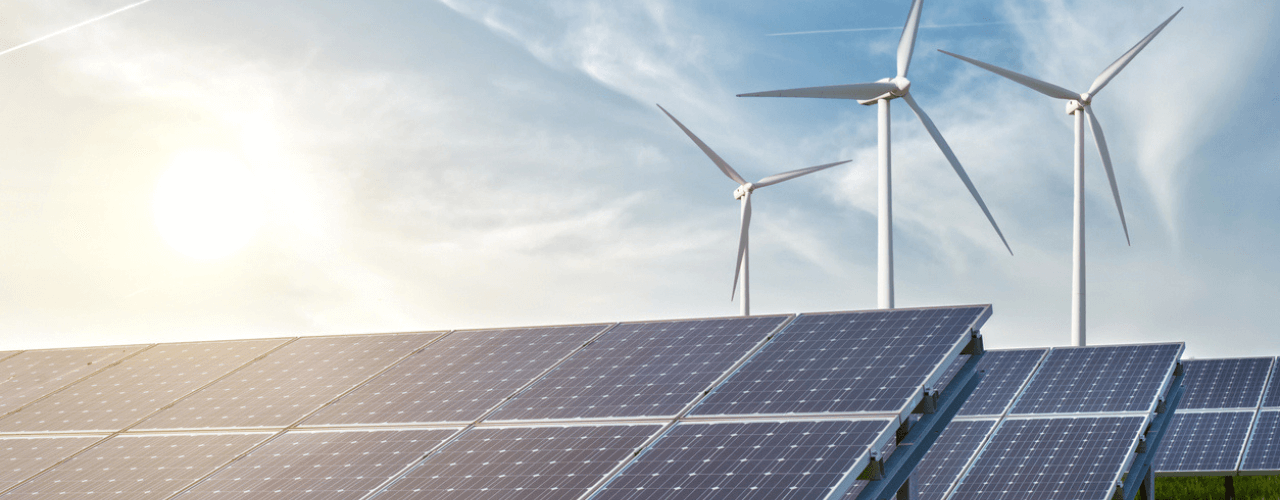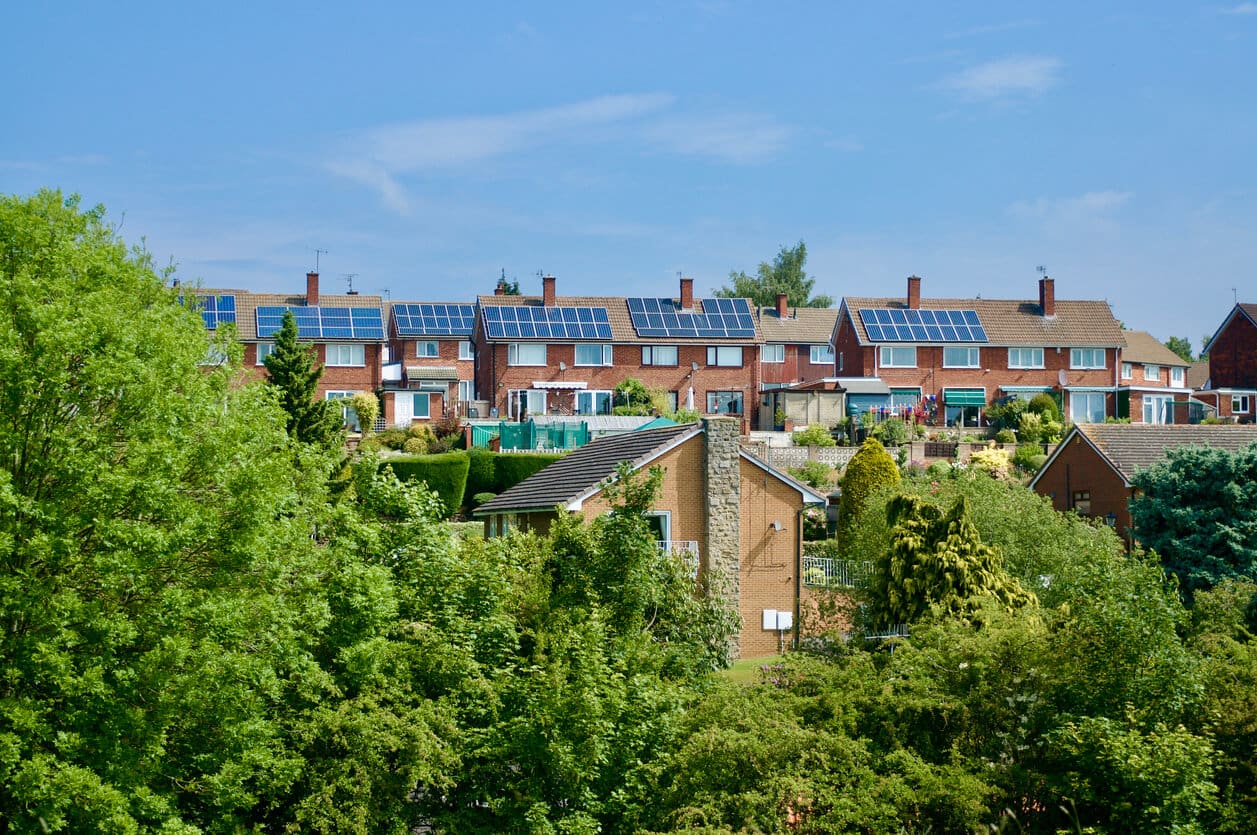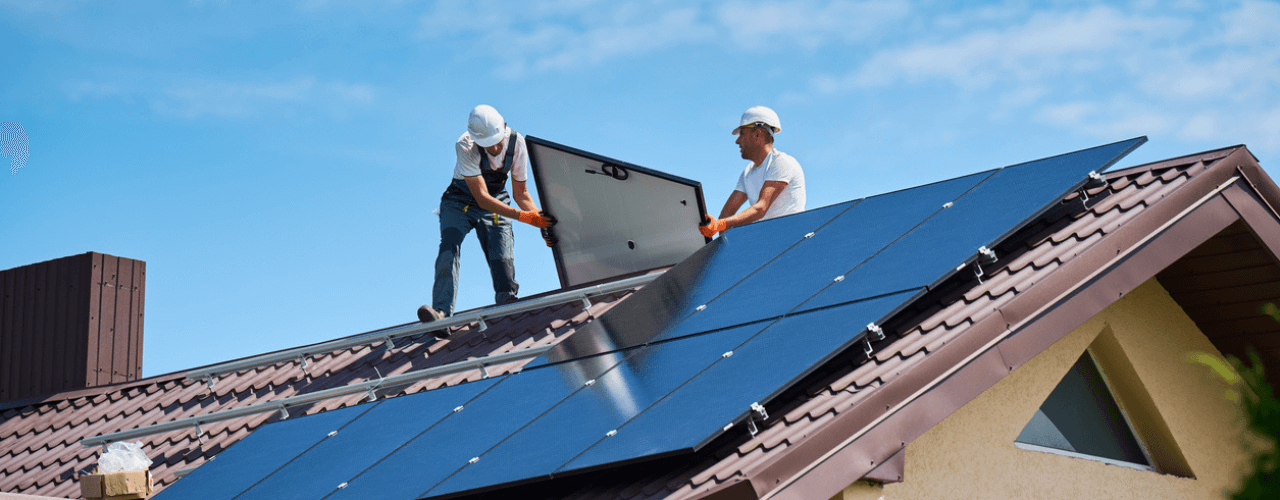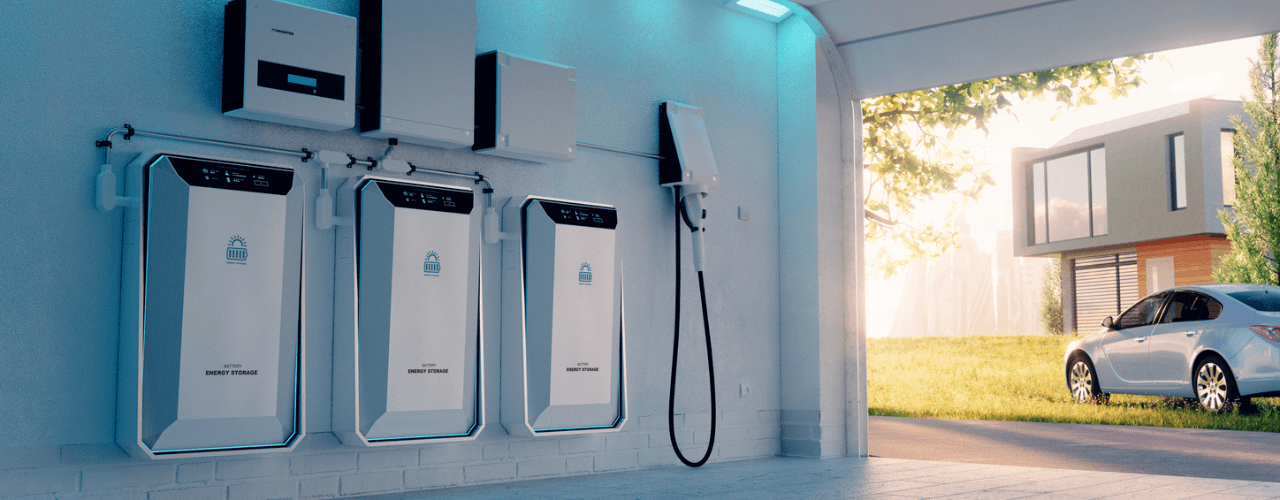
Renewable energy solutions for UK homes and businesses: What are your real options?
Energy bills keep climbing and so does the need to reduce carbon emissions. For UK...

Solar
Energy costs remain one of the biggest overheads for UK businesses and 2025 is no exception. If you’re managing energy bills for a commercial site, you’re not alone in feeling the impact of recent price swings. Many business owners are now rethinking how they buy and use electricity. That’s why more commercial property owners are investing in solar panels for business to take back control. But how much can you realistically save, and is the investment worth it?
Solar photovoltaic (PV) panels convert sunlight into electricity using semiconductor technology. That electricity powers your lighting, equipment, and appliances in real time. Any excess is either stored in a battery (if installed) or exported to the grid.
For commercial buildings, this means real savings during working hours, particularly if your energy use aligns with solar production typically between 8am and 6pm. With smart meters and inverters, businesses can track how much of their energy comes from solar versus the grid.
Several factors are driving commercial solar uptake this year:
Commercial solar offers tangible value as an operational strategy. Businesses now view it as a practical step to reduce energy spend and increase control.
The savings from installing solar panels for business vary depending on:
With the right system design, it’s possible to reduce daytime electricity bills by 40–60%, depending on your site and consumption patterns.
A commercial building using 50,000 kWh annually could save:
For example, a mid-sized logistics site operating six days a week during daylight hours could offset nearly half its annual electricity bill and even more if paired with overnight battery charging.
Payback periods range from 5 to 8 years, after which the system continues to deliver free electricity for 15+ years.
This example is based on a mid-sized commercial site consuming around 50,000 kWh annually. If the business pays £0.25 per kWh (a realistic commercial rate for 2025), that adds up to £12,500 in annual electricity costs. A solar array offsetting 60–80% of usage would generate £7,500–£10,000 in savings. With battery storage and the ability to optimise usage patterns, savings could increase to £12,000 or more per year. These figures reflect real-world patterns and conservative assumptions helping you make decisions based on achievable outcomes.
If your business operates on tight margins, solar panels for business offer reliable savings while lowering exposure to unpredictable energy prices. Many financial directors now see solar as a low-risk capital investment with measurable returns especially for properties with long-term ownership or lease agreements.
Beyond basic savings, solar can strengthen long-term financial planning:
Finance teams increasingly view solar as a capital investment with dependable returns, both in operational savings and ESG alignment.
In 2025, businesses can benefit from:
These financial supports improve affordability and reduce the barrier to entry.
Even with widespread uptake, some myths still make businesses hesitant to invest in solar panels for business:
Dispelling these misconceptions helps decision-makers move forward confidently.
Every site is different. ESS provides tailored solutions based on:
We don’t install oversized systems that won’t pay back. Each array is designed to maximise value, ensure regulatory compliance, and meet site-specific performance goals.
Before you commit to a system, it helps to answer:
These questions help avoid over or under-sizing your system.
Businesses installing solar panels for business increasingly choose to add battery storage to maximise onsite energy use. This combination makes it easier to reduce exposure to high-rate tariffs and protect against grid instability.
Pairing solar with battery storage maximises savings:
Battery systems adapt to business needs and help stabilise long-term energy expenses.
If your business operates electric vehicles now or plans to in future pairing solar panels with EV charging infrastructure is a smart move.
ESS can integrate EV charging into your solar design, giving you full control over when and how your fleet is powered.
No matter what your building type or energy goals are, ESS can help you get more value from solar panels for business. Our commercial systems reflect how businesses use power and are built to support long-term goals without complexity or compromise.
Businesses rely on ESS to design and install solar panel systems that lower running costs and support long-term performance goals. From planning to performance monitoring, everything is handled in-house by qualified professionals.
Want to stop watching your energy bills climb? Contact us and let ESS show you what solar panels for business could do for your site in 2025 and beyond.

Energy bills keep climbing and so does the need to reduce carbon emissions. For UK...

Commercial solar helps cut costs and hit sustainability targets both smart moves for today’s business...

Home energy habits are changing. As more people install solar panels and adopt smart technologies,...
We’re here to help with all your renewable energy needs.
Contact us today for expert advice, consultations, and support.